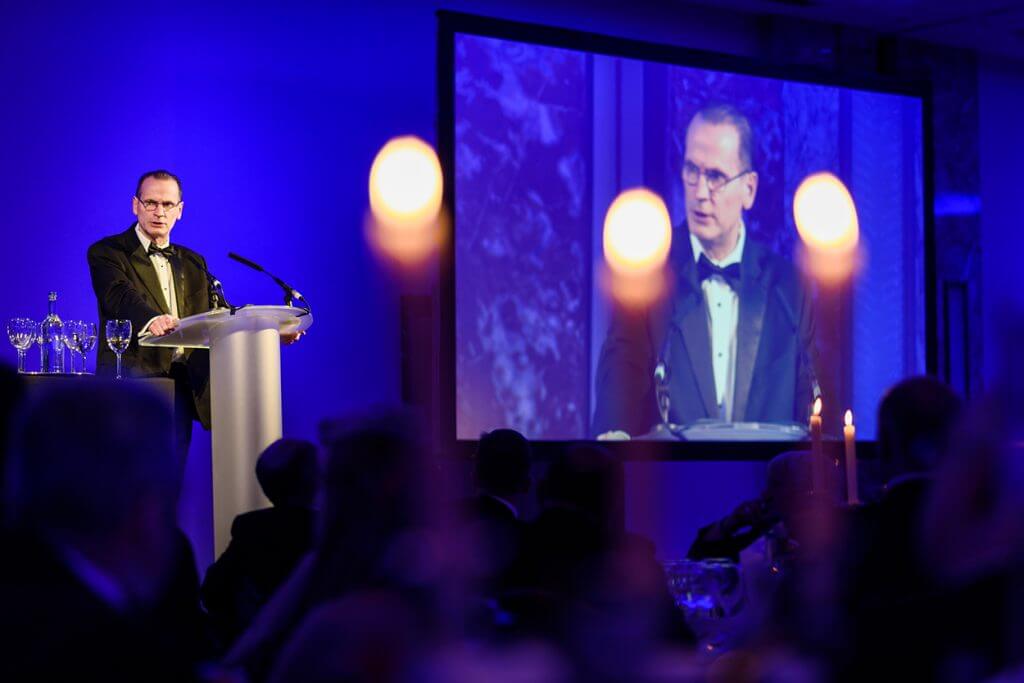
At the Confederation of Passenger Transport (CPT) Annual Dinner on 31 January 2019, Martin Dean gave his second speech as CPT President after agreeing to continue in the role for a second term.
CPT Restructure
Martin began by speaking about the CPT’s restructure: “I said at last year’s dinner that in order to build on the successful lobbying and influencing of Government that CPT had achieved, a new more proactive style of engagement with politicians, officials, communities and stakeholders is needed. For good reasons, but for perhaps too long, as an industry we had been a little bit too much in ‘scapegoat’ mode, reacting to changes. […]
By subscribing you will benefit from:
- Operator & Supplier Profiles
- Face-to-Face Interviews
- Lastest News
- Test Drives and Reviews
- Legal Updates
- Route Focus
- Industry Insider Opinions
- Passenger Perspective
- Vehicle Launches
- and much more!


